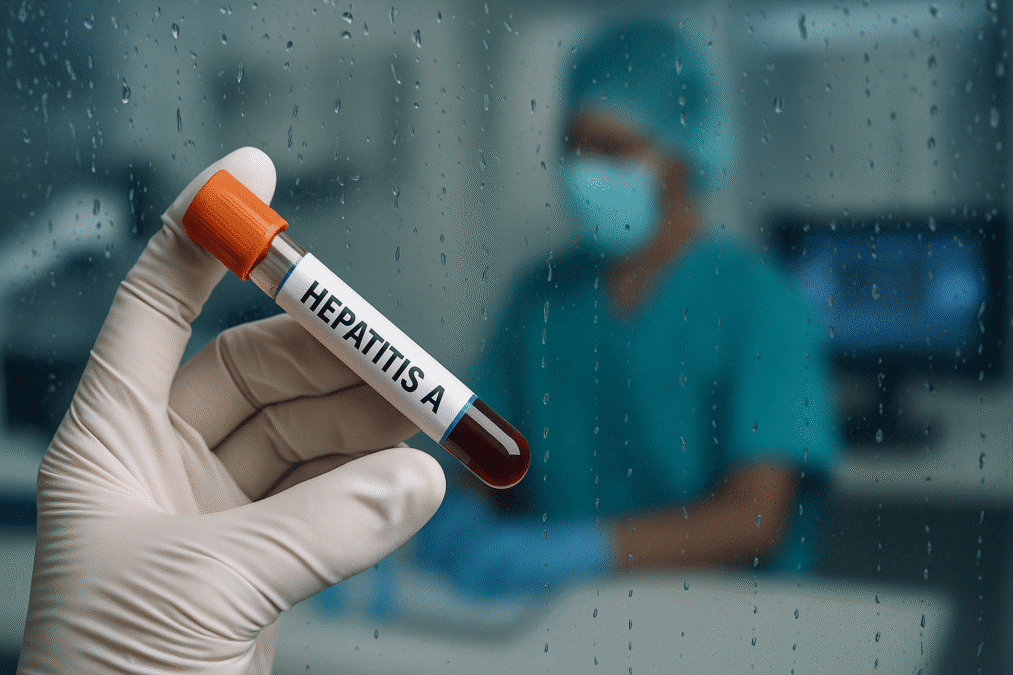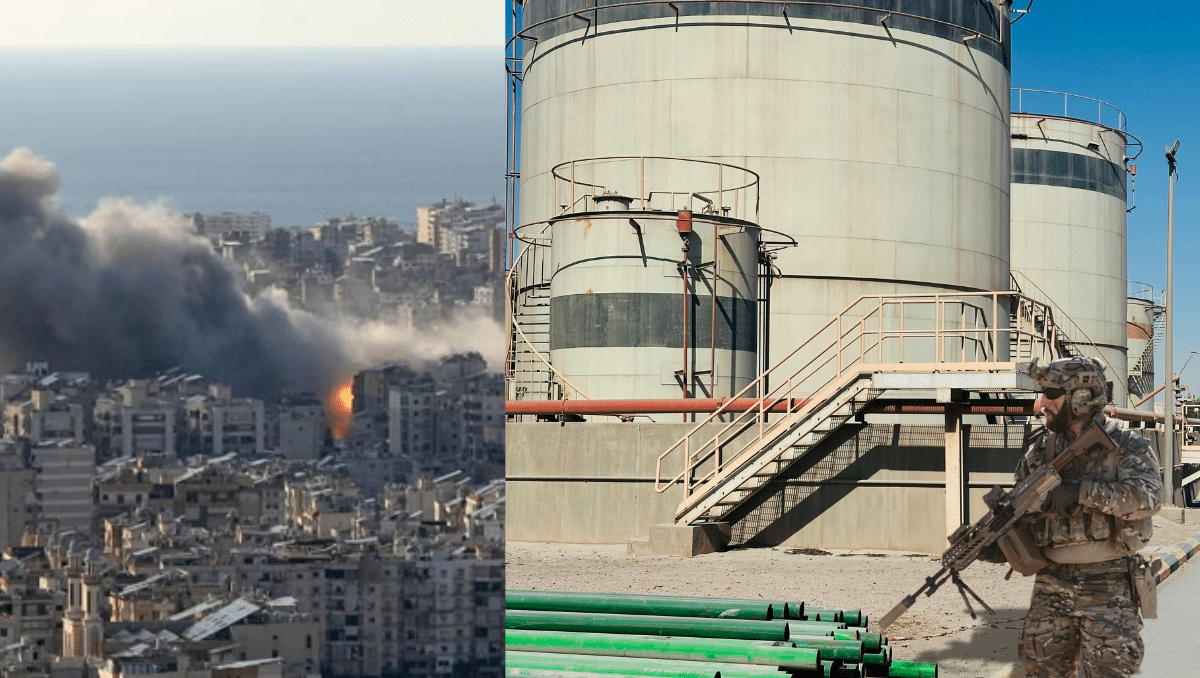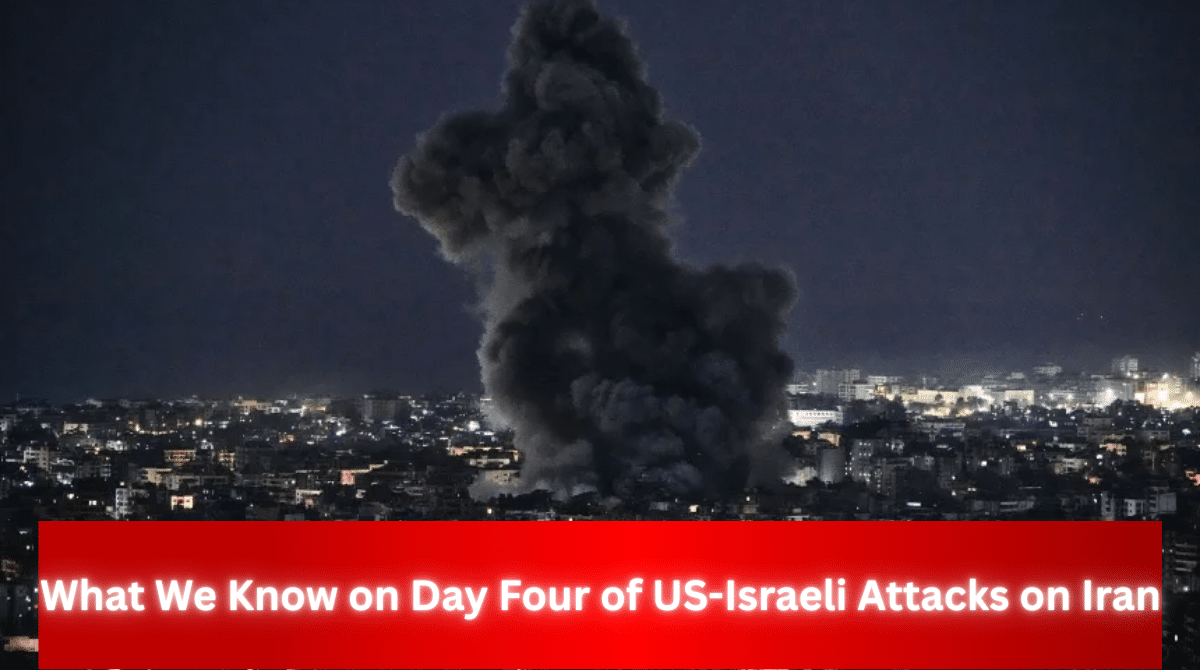Hepatitis A Cases Surge in Pune During Monsoon: Is Contaminated Water to Blame?
As the monsoon rains return to Pune, so does a worrying trend — a sharp rise in Hepatitis A cases, largely linked to unsafe water sources. Health officials and doctors across the city are reporting a noticeable increase in viral infections this year, raising public health concerns about monsoon-related illnesses.
Rising Hepatitis A Infections: 2025 vs Previous Years
According to local hospitals and medical data:
- From March to June 2025, over 57 confirmed cases of Hepatitis A were recorded in Pune.
- This is more than double the number reported during the same period in 2024.
With rainfall intensifying in July, experts fear the numbers may continue to climb if precautions are not taken.
Contaminated Water: The Leading Suspect
How the Monsoon Season Affects Water Quality
Monsoon rains often overwhelm urban drainage systems. This leads to sewage mixing with drinking water, especially in older parts of the city. Such contamination becomes a breeding ground for viruses like Hepatitis A, which spreads through the fecal-oral route.
Other Common Causes:
- Street food vendors using untreated water in beverages and chutneys
- Household storage tanks left uncleaned during the rainy season
- Consumption of raw or undercooked vegetables washed with impure water
What Pune’s Doctors Are Observing
Severity of Cases on the Rise
Physicians at top hospitals in Pune, including Jehangir, Sahyadri, and Manipal, are noting a more aggressive and prolonged form of Hepatitis A infections. Some patients are even showing symptoms similar to Hepatitis E — such as intense fatigue, yellowing of the eyes, and liver dysfunction.
Expert Quotes
- Dr. Chaudhary (Jehangir Hospital) says: “The number of patients this year is unusually high. In many cases, symptoms are lasting longer than expected.”
- Dr. Rodrigues, a city-based family physician, warns: “People are underestimating the risk of eating outside during the rains. Even so-called clean areas aren’t safe.”
What Is Hepatitis A?
Hepatitis A is a viral liver infection that spreads primarily through ingesting contaminated food or water. It causes inflammation of the liver and usually resolves within a few weeks, but in severe cases, it may require hospitalization.
Common Symptoms Include:
- Fever
- Fatigue
- Loss of appetite
- Abdominal discomfort
- Dark-colored urine
- Yellowing of the skin and eyes (jaundice)
How to Stay Safe: Prevention Tips from Health Experts
To avoid getting sick during the monsoon, especially from Hepatitis A, follow these guidelines:
✅ Water Safety
- Drink boiled or filtered water only
- Avoid juices or drinks from roadside stalls
- Ensure water tanks are cleaned regularly
✅ Food Hygiene
- Eat home-cooked food
- Wash fruits and vegetables in clean water
- Skip chutneys, raw salads, and roadside snacks
✅ Personal Hygiene
- Wash hands with soap after using the toilet and before meals
- Carry a personal hand sanitizer
- Avoid contact with infected individuals
✅ Consider Vaccination
Doctors recommend the Hepatitis A vaccine (2-dose series) for children and adults in high-risk areas.
City-Wide Concern, Not Limited to One Area
What’s more alarming is that no single neighborhood has been identified as the outbreak center. This suggests a wider problem with municipal water supply, impacting both Pune and the PCMC (Pimpri-Chinchwad) areas.
Final Thoughts: Stay Vigilant This Monsoon
With the number of Hepatitis A cases doubling in Pune, this monsoon is not just about umbrellas and chai — it’s also about health awareness. Prevention is key. Be cautious about what you drink and eat, and consult a doctor immediately if any symptoms appear.
Let’s keep our city — and ourselves — healthy this rainy season.
Important Health Disclaimer
This article is for informational and educational purposes only. It is not a substitute for professional medical advice.
If you or someone you know experiences symptoms of Hepatitis A — such as jaundice, fatigue, or abdominal discomfort — consult a qualified doctor immediately.
FAQ
What is Hepatitis A?
Hepatitis A is a contagious liver infection caused by the Hepatitis A virus (HAV), commonly spread through contaminated food or water.
How does Hepatitis A spread during monsoon?
During the monsoon, water contamination increases due to overflowing sewage and poor sanitation, making it easier for the virus to spread via unclean drinking water or raw foods.
What are the symptoms of Hepatitis A?
Common symptoms include fatigue, nausea, abdominal pain, jaundice (yellowing of the skin and eyes), and fever. Some people, especially children, may show no symptoms.
Is there a vaccine for Hepatitis A?
Yes, a safe and effective vaccine is available to prevent Hepatitis A. It is recommended, especially for those in high-risk areas or with poor access to clean water.
Can Hepatitis A be treated at home?
While there is no specific antiviral treatment, most people recover fully with rest, proper hydration, and a healthy diet. Severe symptoms should always be evaluated by a doctor
Who is most at risk during monsoon?
Children, the elderly, and individuals with weak immune systems are at higher risk. People living in areas with poor sanitation are especially vulnerable.







